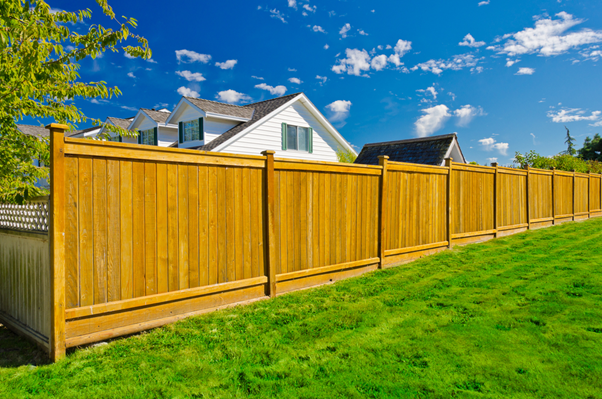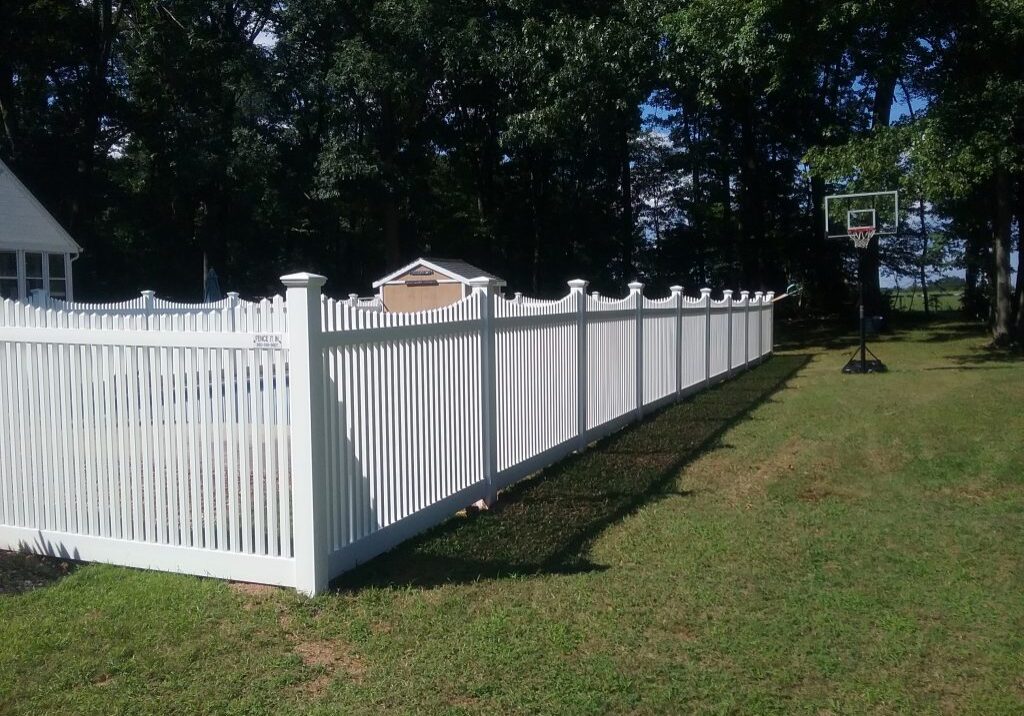Featured

When considering setting up a fencing on your residential property, one of the most important steps is to understand whether you require a permit. The certain licenses called for can vary depending on your location, the kind of fencing you plan to mount, and the height or positioning of the fence.
Why You Need a License for a Fence Installation. A fence authorization is required to make sure that the setup fulfills local guidelines. The authorization procedure assists regional authorities confirm that your fencing does not interfere with traffic exposure, regard your building lines, or break elevation constraints. It likewise ensures the safety and security of the structure, so it does not position a danger to you, your next-door neighbors, or the public. Setting up a fencing without a license can result in fines, removal of the fence, or delays in building, so it's necessary to inspect whether a permit is required before starting your project.
Kinds of Permits You May Need. There are a couple of common types of licenses you could need for a fence setup:
Building Authorization. A building license is the most common authorization required for fence installations. This permit makes sure that the fence satisfies safety standards and is constructed according to neighborhood building regulations. A building permit is usually required if the fencing surpasses a certain elevation (often 6 feet), is made of certain materials, or lies near a public sidewalk or roadway.
Zoning Authorization. A zoning license may be needed to verify that your fence abides by local zoning laws. Zoning policies can dictate where a fencing can be put on your residential property, just how high it can be, and whether it is allowed particular locations (such as along property lines or in front backyards) As an example, some towns have policies limiting the height of fences in the front yard to make certain presence for pedestrians and chauffeurs.

Problem Permit. If you are building a fencing near your home line or near to a road, you may need a trouble authorization. A problem describes the range a framework, including fences, must be from the property line. Obstacle laws vary by place, and making sure that your fence is put correctly can prevent disputes with next-door neighbors and prevent infractions.
Home Owner Association (HOA) Approval. You might need authorization from them in addition to regional authorizations if you live in a community governed by a Homeowner's Association (HOA) HOA regulations often cover the sort of materials, elevation, style, and shade of fencings. Also if your city government doesn't call for a permit, your HOA may still have particular standards that require to be followed.
Just How to Get a Fencing Authorization. To make an application for a fencing permit, you'll require to contact your local structure department or preparation office. The application process usually entails completing a form, paying a cost, and sending a website plan of your property that reveals the suggested area of the fencing. You might likewise need to consist of information regarding the materials, height, and style of the fence.
In many cases, a regional official might require to examine your residential property prior to accepting the license. As soon as the authorization is granted, you will certainly be licensed to continue with your fence installment.
When Is an Authorization Not Needed? In certain scenarios, a license might not be called for. These circumstances can include:
Reduced Elevation Fences: In many areas, fences that are below a particular height (typically 3 to 4 feet) may not need an authorization, specifically if they are put in the backyard or various other non-visible areas.
Fence Replacement: If you're changing an existing fence with the exact same height and product, some areas may not require a brand-new authorization.
Non-Obtrusive Fencings: Momentary or ornamental fences, such as those made use of for gardening or landscaping functions, may not require permits as long as they are reduced and not irreversible.
However, it is very important to contact your regional zoning office or building division, as regulations can vary by jurisdiction.
Effects of Not Obtaining a License. Stopping working to get the necessary permits can lead to significant repercussions. These include fines, required removal of the fence, or even hold-ups in building and construction. In addition, if your fence doesn't fulfill local policies, you might deal with lawful problems with next-door neighbors or regional authorities.

Final thought. When setting up a fence, it's critical to research the license requirements in your area. By making certain that you comply with local laws and acquire the essential authorizations, you can prevent costly blunders and make certain that your fencing is legally certified. Inspect with your regional structure department, HOA, and zoning office to determine what authorizations are required for your specific fence task. This action is essential to secure both your investment and your home's worth.
Latest Posts
NAPA AutoCare Certified: Count on Montclare Auto Repair for Professional Workmanship
Published Apr 22, 25
2 min read
Preventative Maintenance at Montclare Auto Repair: Ensure Your Vehicle Running Smoothly
Published Apr 22, 25
2 min read
Meet Top Eye Specialists Locally with Eye Center South
Published Apr 22, 25
1 min read
More
Latest Posts
NAPA AutoCare Certified: Count on Montclare Auto Repair for Professional Workmanship
Published Apr 22, 25
2 min read
Preventative Maintenance at Montclare Auto Repair: Ensure Your Vehicle Running Smoothly
Published Apr 22, 25
2 min read
Meet Top Eye Specialists Locally with Eye Center South
Published Apr 22, 25
1 min read